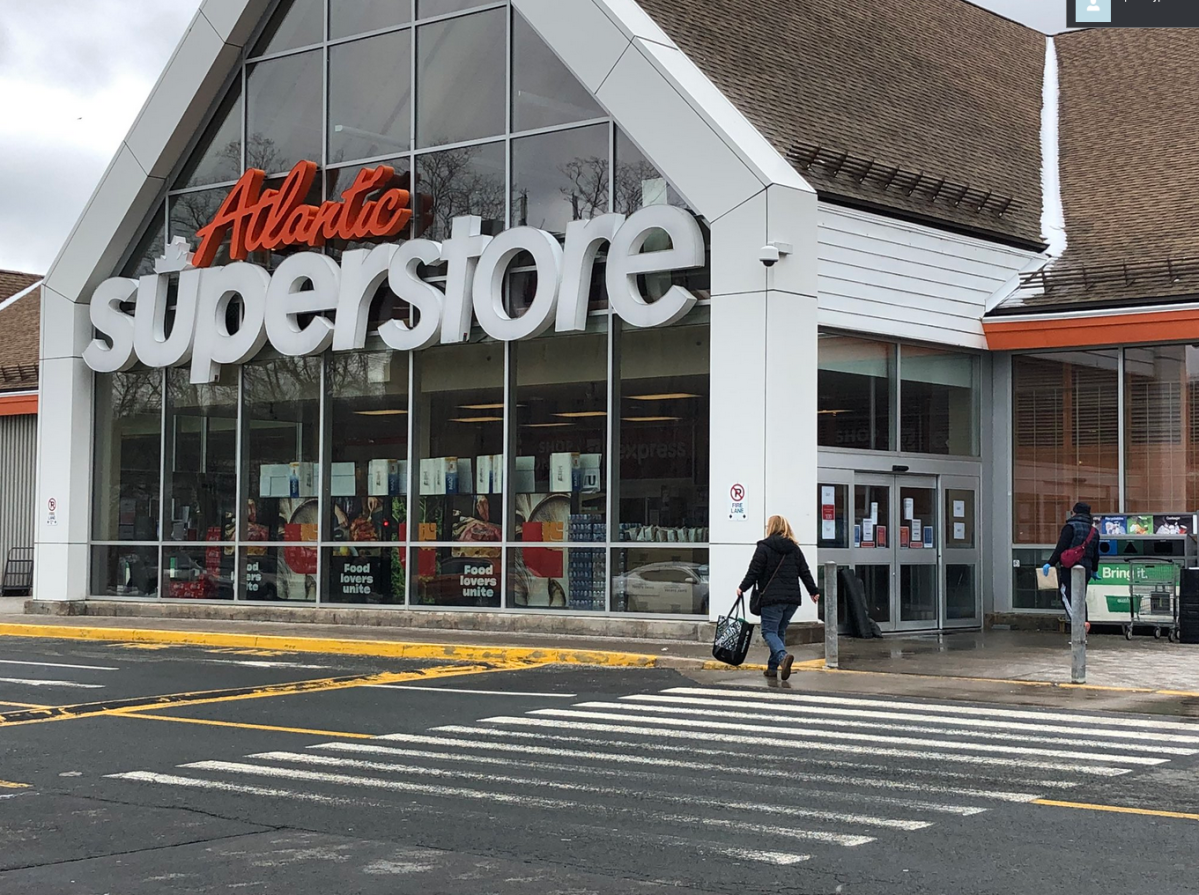An employee at the Superstore in Bedford, N.S., has tested positive for the novel coronavirus.

In a statement to Global News, Mark Boudreau, director of corporate affairs for Loblaw Atlantic, said the store has been closed for a thorough cleaning and is expected to reopen Saturday.
“We have been in touch with the local public health team and have taken a number of steps to minimize risk, including increased sanitization protocols and enforcing social distancing practices in the store,” Boudreau said.

Boudreau added that colleagues who worked closely with this individual are now at home in self-isolation, monitoring for any symptoms.
“We want to assure our customers and employees that we take their safety very seriously,” he added.

Get weekly health news
Speaking at Friday’s press briefing, chief public health officer Dr. Robert Strang said he is aware of the case and has spoken about it to the regional medical officer of health.
“We do know the individual at this store was not working on the front lines, not interacting with the public,” he said. “There have been some close contacts in that workplace have been identified as fellow employees.”
Strang added that there is not a “significant risk” for the public who may have been in and out of that store.
Signs can be seen outside the store saying it is temporarily closed and apologizing for the inconvenience.
Halifax Regional Police say they as well as Halifax Regional Fire and Emergency did not respond to the grocery store Friday afternoon.
On Friday, the province announced 17 new cases of COVID-19 have been identified, bringing the provincial total to 90.
The province said “most” of the new cases are connected to travel or a known case and that community spread has not been proven.
More to come.
Questions about COVID-19? Here are some things you need to know:
Health officials caution against all international travel. Returning travellers are legally obligated to self-isolate for 14 days, beginning March 26, in case they develop symptoms and to prevent spreading the virus to others. Some provinces and territories have also implemented additional recommendations or enforcement measures to ensure those returning to the area self-isolate.
Symptoms can include fever, cough and difficulty breathing — very similar to a cold or flu. Some people can develop a more severe illness. People most at risk of this include older adults and people with severe chronic medical conditions like heart, lung or kidney disease. If you develop symptoms, contact public health authorities.
To prevent the virus from spreading, experts recommend frequent handwashing and coughing into your sleeve. They also recommend minimizing contact with others, staying home as much as possible and maintaining a distance of two metres from other people if you go out.
For full COVID-19 coverage from Global News, click here.









Comments
Want to discuss? Please read our Commenting Policy first.